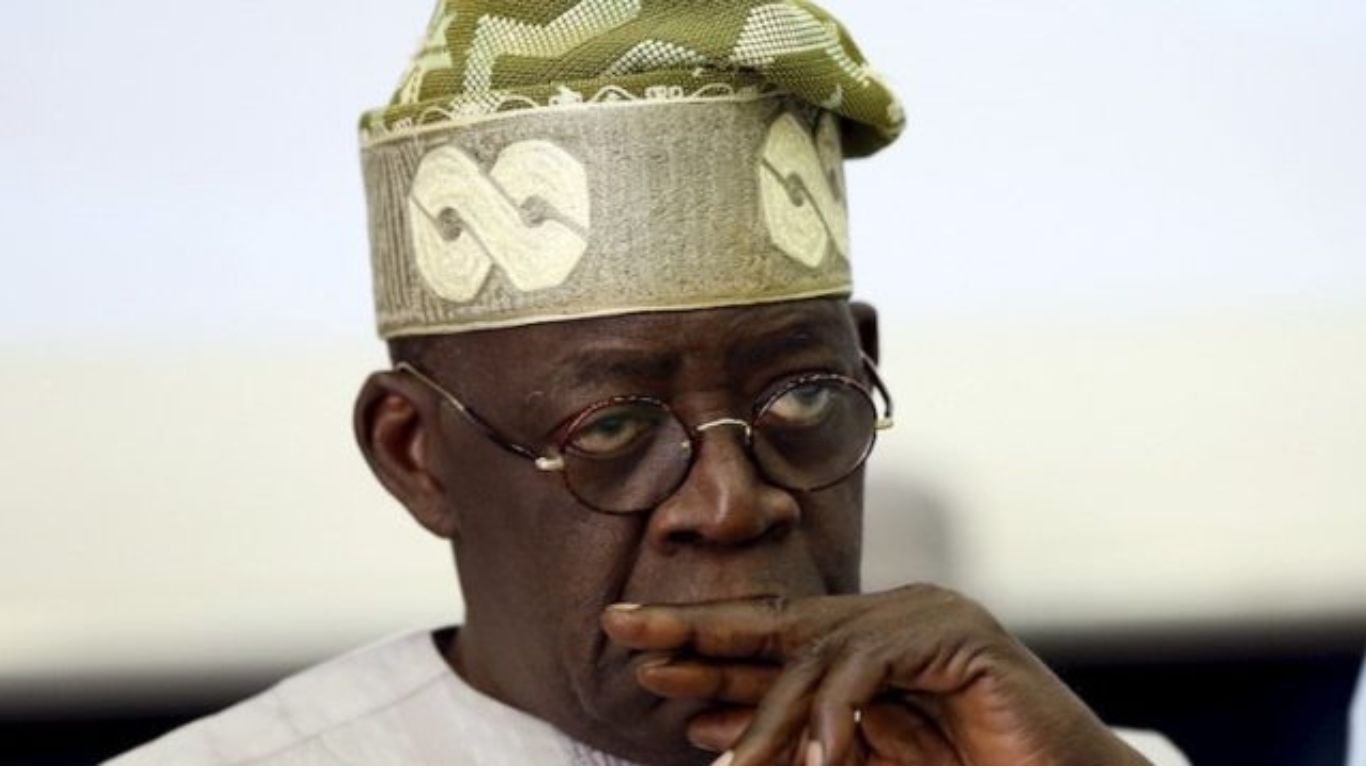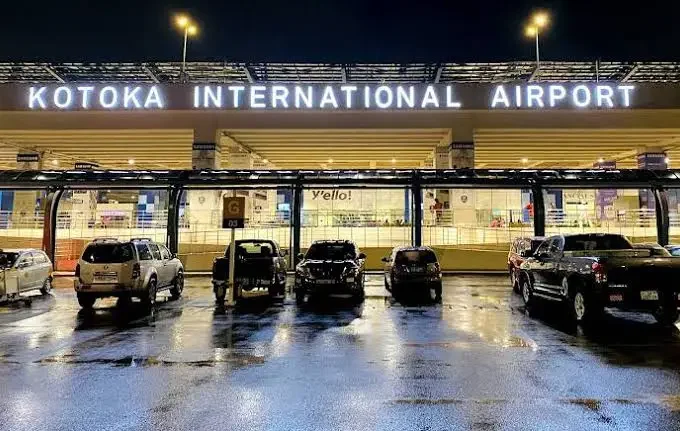
Tinubu to Receive Draft Bill Proposing Shift to Regional Government

President Bola Tinubu is set to receive a draft bill on Friday advocating for the reintroduction of a regional system of government in Nigeria.
Authored by Akin Fapohunda, a chieftain of the Yoruba socio-cultural association Afenifere, the bill proposes significant changes to the current governance structure under the 1999 Constitution.
Titled “A Bill for an Act to Substitute the Annexure to Decree 24 of 1999 with New Governance Model for the Federal Republic of Nigeria,” the legislation seeks to establish a new governance model cited as “The Constitution of the Federal Republic of Nigeria New Governance Model for Nigeria Act 2024.”
This bill aims to restructure Nigeria into eight geo-political regions, replacing the 36-state framework.
Despite not being listed for deliberation in the ongoing constitutional review by the House of Representatives. Speaking to Punch, Fapohunda insists the bill will be submitted to President Tinubu and made public after seven days.
I’m submitting my letter (draft bill) today, but I will wait for seven days before releasing it to the public, he affirmed.
Meanwhile, Fapohunda, who also represents the Coalition of Indigenous Ethnic Nationalities, explained to Punch that the organisation proposes dividing the country into eight geo-political regions with approximate interim boundaries.
The proposed regions include the southern region to be made up of Akwa-Ibom, Bayelsa, and Cross Rivers States and “Optional inclusions of the Annang, Effik, Ekoi, Ibibio, Oro Ohaji/Egbema in Southern Imo, the Adonia, Efemia, Ijaw, Ogoni, Bini, Ishan, Isoko, Urhobo and the Ijaw-speaking people in Northern Ondo State with land contiguity,” he stated.
“The South Eastern region consists of Abia, Anambra, Ebonyi, Enugu, and Imo States. The Western region comprises Lagos, Ogun, Ondo, Osun, Oyo, and Ekiti States, incorporating the Yoruba-speaking people in Kogi and the Igbomina people in Kwara State.
Additional options would be the Itsekiri people of Delta State and Akoko-Edo people of Edo State to make their respective choices.”
There will be the Mid-Western Region “Made up of Edo and Delta States, possibly incorporating the Anioma people and the Eastern Middle Belt Region comprising Northern Cross River, Southern Kaduna, Southern Borno, Adamawa, Benue, Kogi, Plateau, Nasarawa and Taraba States,” he stated further.
The Western Middle Belt Region will comprise Southern Kebbi, parts of Kwara and Niger States, while the North Eastern Region will be made up of parts of Borno, Gombe, Bauchi, Jigawa, and Yobe States.
The North Western Region will comprise Kaduna, parts of Kebbi, Kano, Katsina, Sokoto and Zamfara States.
He went on to explain that the coalition looked forward to a two-tier government, federal and regional, adding that the latter would be at liberty to manage her affairs, “Including the creation of sub-entities, based on the stipulations that are agreed upon and embedded in their respective constitutions.”
Other significant governance changes according to the bill include the introduction of regional governments with executive and legislative functions led by a Premier—conversion of current states into provinces, governed by Provincial Councils integrating executive and legislative roles.
Transformation of Local Government Areas into divisions focused on socio-economic development. Freedom for regions to create, merge, or reconfigure sub-political units without federal interference. Reduction of administrative costs to below 30% of generated revenue and establishing a unicameral federal legislature with regional representation.
Also, to include the decentralisation of federal power to no more than ten regions, the Federal government comprising a maximum of nine ministries, contrasting with the United States 15 Cabinet positions and lastly, the reinstatement of a parliamentary system with rotational headship among regions.
Read more: Minimum Wage: Cut Your Coat According To Your Size, I Will Approve What Nigeria Can Afford – Tinubu
About The Author
Related Articles
Ghana to Rename Kotoka International Airport
Ghana’s government is preparing to rename the country’s main international gateway, Kotoka...
ByWest Africa WeeklyFebruary 4, 2026Russia Congratulates Ibrahim Traoré on Assuming AES Presidency
Russia has congratulated Burkina Faso’s President, Captain Ibrahim Traoré, on his assumption...
ByWest Africa WeeklyFebruary 4, 2026AES Condemns Niamey Airport Attack, Warns of Coordinated Destabilisation
The Alliance of Sahel States has strongly condemned the armed attack on...
ByWest Africa WeeklyFebruary 2, 2026Mali Cedes Strategic Land to Guinea to Deepen Trade Cooperation
Mali has approved the transfer of a strategic parcel of land to...
ByWest Africa WeeklyFebruary 2, 2026











